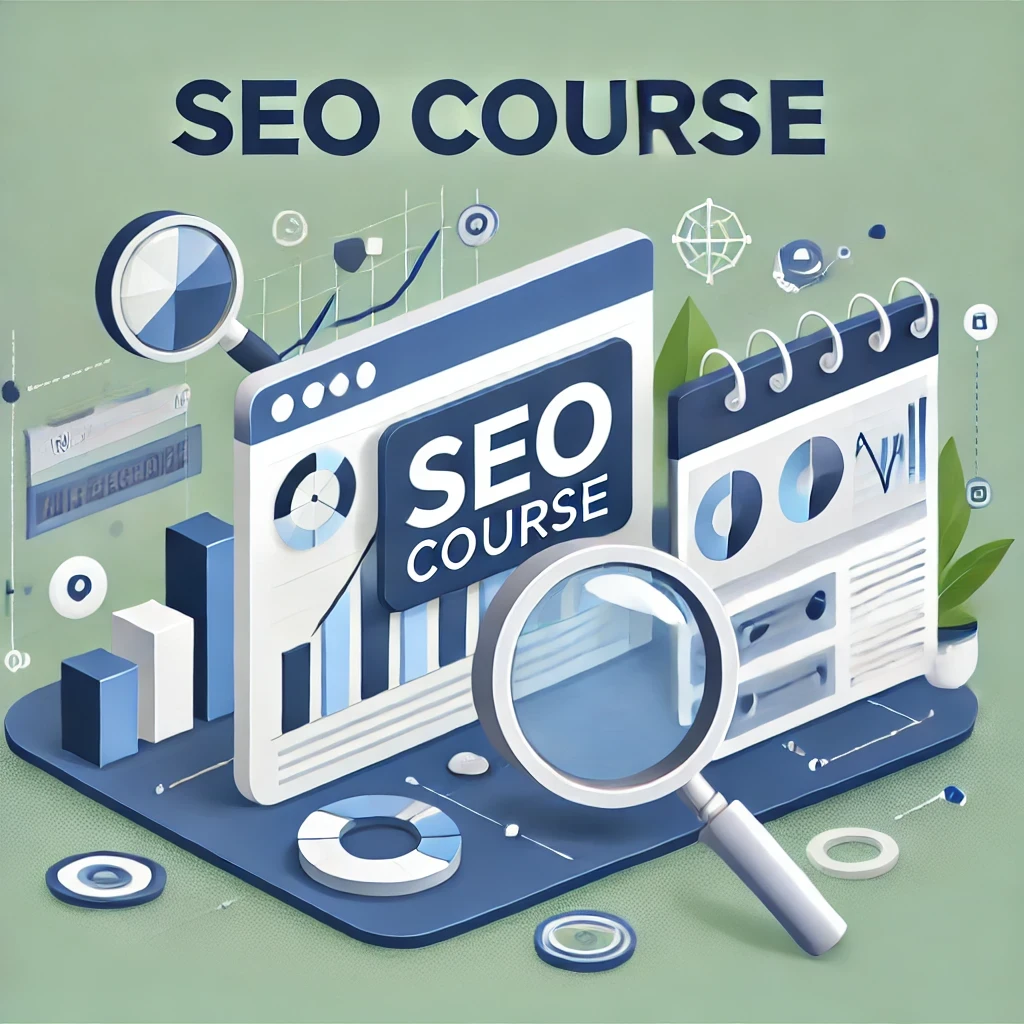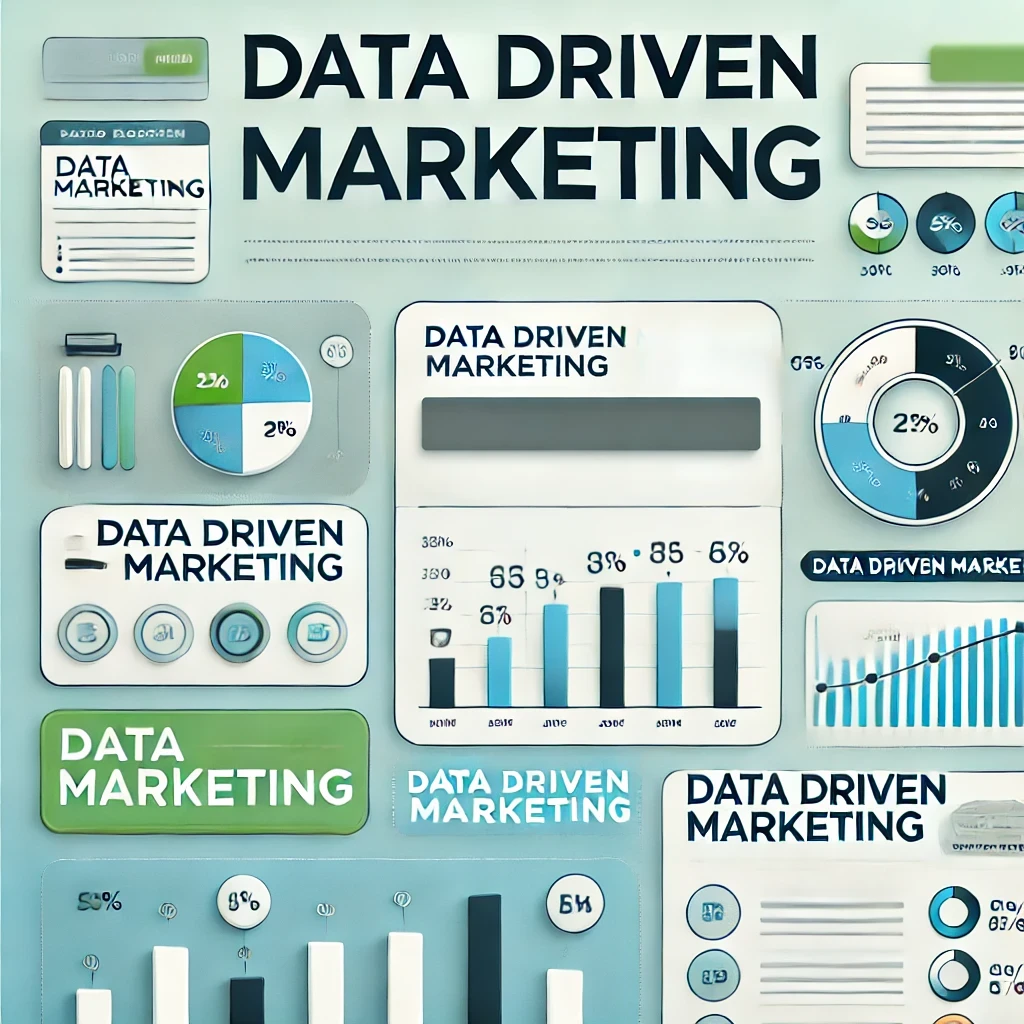
SEO OPTIMIZATION
Individual courses#10006
Course Description
The goal of SEO is to make our business visible to users searching for a product or service so that it appears at the top of the search results. In the digital era, the term "Top of Mind" now means "Top of Search." Proper organic traffic can bring 10 times more value than customers coming from other channels. Globally, e-commerce businesses generate 39% of their traffic through search engines, and people perform 3.5 billion searches on Google every day.
Throughout the course, we will learn all the important aspects that will help us appear at higher positions in search engines. Based on real-life examples, we will evaluate website conditions, fix errors, learn how to increase a site's authority in search engines, and deepen our knowledge in effectively measuring results.
After completing the course, you will be able to:
- Conduct keyword research and evaluate keyword competition and search intent
- Perform a technical audit of websites
- Audit and analyze website authority
- Write the necessary HTML tags for SEO
- Optimize pages and texts based on search phrases
- Work proficiently on popular CMS platforms (Webflow, WordPress, Wix, Shopify…)
- Find backlinks and execute link-building campaigns
- Write technical tasks and communicate effectively with developers
- Write page and content briefs and communicate effectively with content writers
- Plan and manage SEO campaigns
- Integrate AI into SEO
- Write daily tasks and track them (GANTT CHART)
- Produce automated reporting
- Find potential clients in international markets
Who is this course for?
The course is designed for both beginner and experienced digital marketers who want to deepen their knowledge in this area. The course is also suitable for small and medium business owners who work on improving their website rankings. To complete the course, it is necessary to have a good command of the English language.
The course includes:
The course offers practice-based learning, including tasks/exercises and an individual project.
Throughout the program, you will receive career planning advice and consultations. Upon successful completion, you will have career support from Commschool’s partner companies, which may include exclusive job offers and internships.
Upon successfully completing the course, students will receive a bilingual certificate.
Syllabus:
01. Introduction
- How does the web work?
- What is a domain, hosting, server?
- What is SEO?
- How search engines work
- Search algorithm
- Factors affecting website positions in search engines
- How do search engines read websites?
- Overview of tools and installation
- Reliable sources for research
02. Keyword Research
- What is a keyword, its types, and how to find them?
- SERP Analysis
- Generic Keywords, Long-Tail Keywords, Question Keywords, LSI Keywords, “near me” Keywords
- Keyword Metrics
- Keyword research tools
- Creating and managing keyword clusters
- Practical assignment
03. SEO Content
- The importance of content in SEO
- E-E-A-T significance
- Competitor content analysis
- Analysis of search intent
- Content research tools
- Purpose, structure, and length of content
- Using keywords in content
- Types of content
- Creating a content brief
- Grammarly
- Effective communication with content writers
- Page briefs
- Conversion Rate Optimization
- Practical assignment
04. HTML Basics for SEO
- What components make up a website?
- Which HTML tags are important for SEO?
- Title Tags
- Meta Descriptions
- Heading Tags (h1, h2, h3, ...)
- Semantic Tags
- Hreflang
- Schema Markup
- Link Tags
- Alt Tags
- Robots Tag
- Canonical Tag
- Practical assignment
05. On-Page Optimization of Pages
- WordPress installation
- Plugins
- Meta Tags Optimization, Alt Tags Optimization, Image Optimization
- <H1>….<H6> Tags
- Header & Footer
- Internal Link Building
- SILO Site Structure
- Canonical Tags
- Text to HTML ratio
- SEO Breadcrumbs
- Social Integration
- Practical assignment
06. Indexing Management and Technical SEO
- Mobile-friendly website
- HTTP vs HTTPS
- SEO-Friendly URL
- 301 Redirects
- Missing Pages
- Broken internal & external links
- Google Page Speed
- Sitemap
- Robots.txt
- Canonicals
- Practical assignment
07. Google Search Console
- What is GSC?
- GSC installation
- Using GSC tools
- Analyzing full traffic using GSC
- Practical assignment
08. Website Audit
- Using Semrush Crawling Bot functions
- Using Screaming Frog Spider functions
- Correct tool modification before starting an audit
- Reading and analyzing audit results
- Manually checking and analyzing site pages
- Defining, writing, and delivering technical tasks
- Practical assignment
09. Off-Page SEO
- What is a backlink, and why is it important?
- Types of backlinks
- What is an anchor and its importance?
- Factors determining backlink quality
- Referring Domains
- Guest Posting
- Social Signals
- Free Link Building Techniques
- Practical assignment
10. "Black Hat SEO," Google Updates, Spam, and Search Usage Terms
- What is PBN?
- What is Link Pyramid?
- Broken Link Building Technique
- Barnacle SEO
- Advanced Link Building Techniques
- SEO Skyscraper
- Practical assignment
11. Local SEO
- Local SEO
- Proper use of keywords
- Managing listings
- Citations and directories
- Practical assignment
12. Campaign Planning and Management, Full Process
- File management
- Workflow management
- Project planning
- Writing project timelines
- SEO-Gantt Chart
13. Popular CMS
- WordPress
- Webflow
- Shopify
- Wix
- Practical assignment
14. Monitoring and Analyzing Results
- Google Analytics & SEO
- Google Search Console & SEO
- SemRush position tracking
- Looker Studio
- Practical assignment
15. The Future of SEO and AI / Client Acquisition Strategies
- ChatGPT and SEO
- Using ChatGPT in different directions
- Google Bard
- How to find clients (Upwork / LinkedIn / Fb groups / Partnerships)
16. Final Exam
- Presentation of the final assignment
- Course summary





